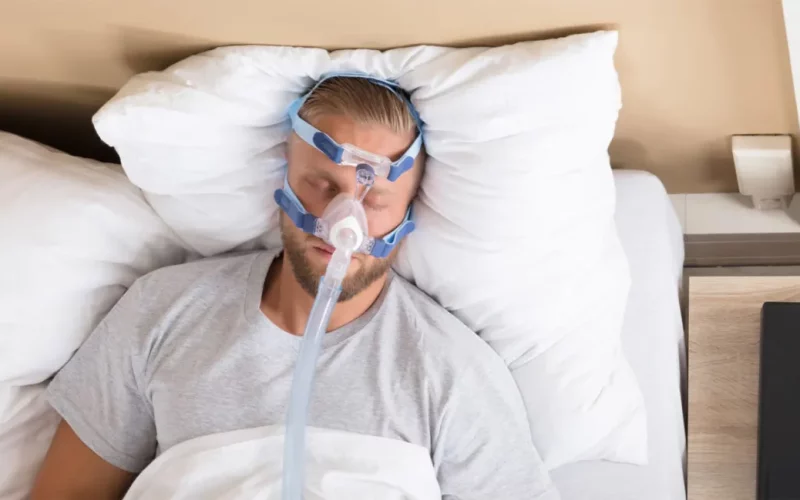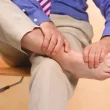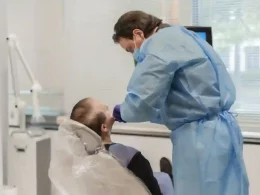Sleep apnea is a serious condition that causes you to stop breathing temporarily during sleep. This condition can lead to high blood pressure, heart disease, and stroke. Besides, sleep apnea The Woodlands is a common cause of daytime sleepiness and can be associated with other serious health problems.
Sleep apnea can affect your health in many ways. For example:
Fatigue: The constant interruption of sleep patterns may leave you feeling tired throughout the day. Sleep apnea makes it difficult for your body to get enough restorative sleep at night and recharge for the next day’s activities.
Headaches: Sleep apnea increases stress on your cardiovascular system, which may cause headaches such as migraines or cluster headaches.
Heart disease and stroke risk factors: People with sleep apnea have an increased risk of developing high blood pressure, which increases their risk of heart disease or stroke.
What are the risk factors for sleep apnea?
Smoking
Smoking is a major risk factor for sleep apnea, especially in women. Nicotine constricts blood vessels in the head, which reduces blood flow to the brain and causes oxygen deprivation during sleep. Smoking also damages the muscles and tissues in your throat. This can lead to a narrowing of the airways, making it harder to breathe.
Age
As people age, they lose muscle mass, making their airways narrower and more prone to collapse during sleep. This is especially true for menopause-aged women who experience a shift in hormone levels that affects the muscles in their necks and chests.
A stroke
When the brain is injured, it may be unable to send signals to the muscles that control breathing. This leads to periods of breathlessness and shallow breathing. The brain may also stop sending signals that tell your lungs to start taking in the air, causing sleep apnea.
Obesity
Being overweight makes it harder for you to breathe because fat tissue can press down on your airway when you lie down on your back or side during sleep (supine). Being overweight also changes how well your brain controls breathing during sleep, particularly when you’re supine which can lead to other conditions, such as snoring and choking sensations while asleep (asphyxiation).
Family history
If your parents or siblings have been diagnosed with obstructive sleep apnea (OSA), you might also be at risk. OSA runs in families due to shared genetic traits. However, other factors, such as weight gain and poor health habits, also affect whether you develop OSA.
Treatment options for sleep apnea include:
Devices that help you breathe during sleep: These devices may be recommended if you have severe sleep apnea or other health problems related to a lack of oxygen. Several devices are used, including:
Continuous positive airway pressure (CPAP) machine: This device blows air into your nose through a mask to keep the airway open and prevent snoring or pauses in breathing during sleep.
Positive airway pressure therapy (PAP therapy): A machine delivers air through a mask over the nose or mouth that keeps the throat open so breathing can continue without pauses or snoring.
If you have sleep apnea, consult Scott Young, DDS, for the right treatment.











